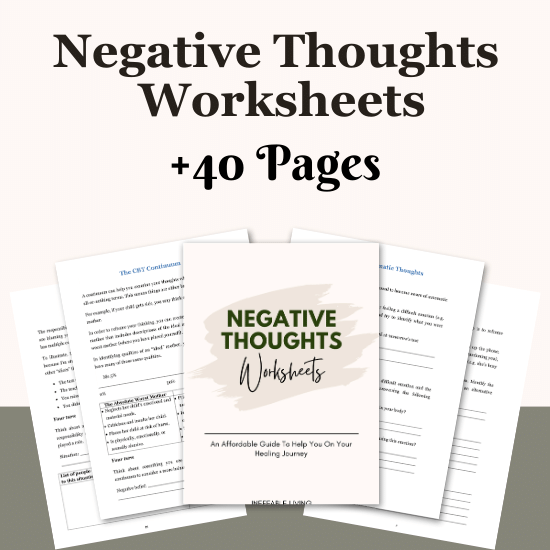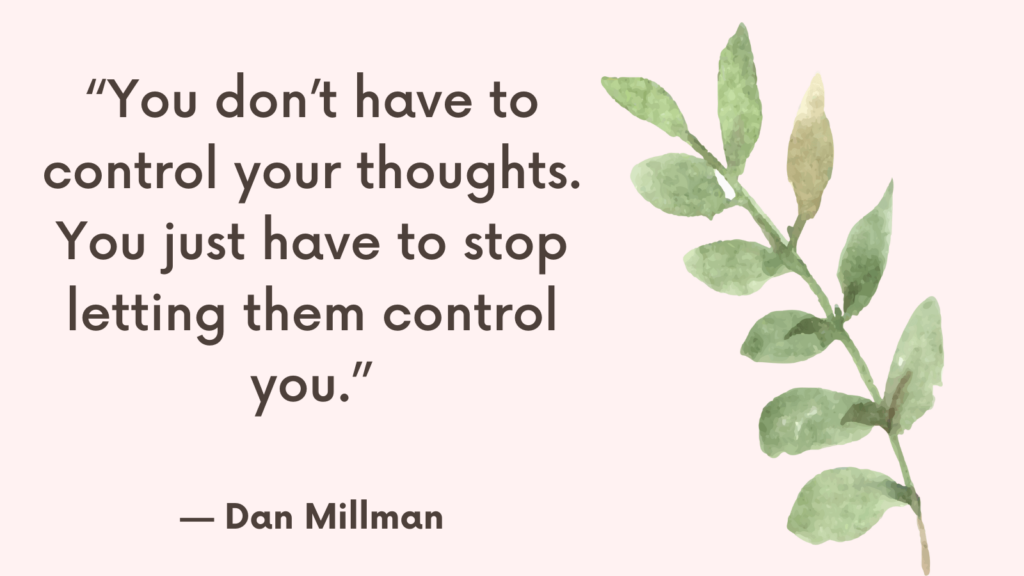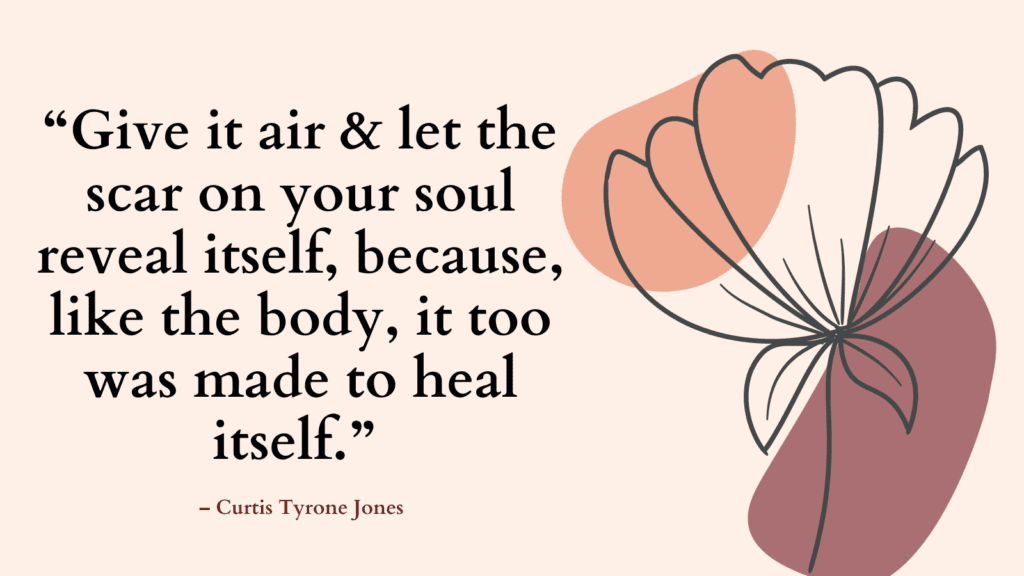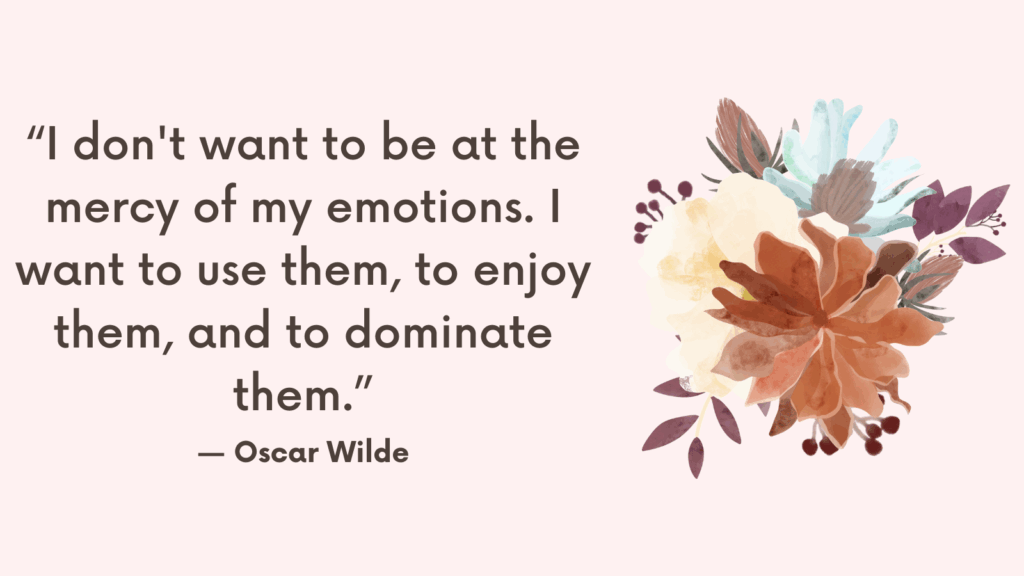Our brains are incredibly complex organs, designed to keep us alive and functioning in a world full of potential threats.
However, this evolutionary design often leads to a built-in negativity bias that makes us focus on dangers and shortcomings rather than positive experiences.
This negativity bias can fuel feelings of anxiety and depression, making it challenging to maintain a positive outlook on life.
In this blog post, we’ll explore why our brains default to scarcity and negativity, and how we can rewire our thought patterns to foster happiness and well-being.
Understanding the Brain’s Negativity Bias
The primary function of our brain is not to make us happy, but to keep us alive.
This survival mechanism has led to a built-in negativity bias, where our brains are more likely to notice, focus on, and remember negative information over positive information.
This bias was crucial for our ancestors, who needed to be hyper-aware of potential threats to survive.
For example, if an early human saw both a ripe fruit and a predator, their survival depended on noticing and avoiding the predator.
This same bias affects us today, causing us to focus more on negative aspects of our environment and experiences, which can lead to a skewed perception of reality.
Related: 15 Cognitive Distortions (and How to Challenge Them)
The Impact of Negativity Bias on Modern Life
1. Filtering Reality
Negativity bias can make you feel like everything is getting worse, fueling depression and anxiety.
This bias filters what you see, what you pay attention to, and what you remember.
For instance, you might focus on the one negative comment among dozens of positive ones, or ruminate on a minor mistake rather than your overall success.
2. Mental Filtering
Your brain uses selective attention to filter thousands of pieces of information every moment, focusing on what it deems most important.
Unfortunately, negativity bias often makes negative stimuli seem more important than positive ones.
This can lead to mental filtering, where you overlook positive experiences and focus solely on negative ones.
A classic example of this bias is seen in media consumption. Negative news stories tend to attract more attention because our brains are wired to focus on potential threats.
This is why headlines often emphasize danger and disaster rather than positive events.
For example, you might see numerous headlines about natural disasters, but very few about everyday good news, reinforcing the perception that the world is a dangerous place.
Related: +20 Overgeneralization Examples & How to Avoid It
How to Combat Negativity Bias?
1. Awareness and Acknowledgment
The first step in combating negativity bias is becoming aware of it.
Notice when you’re focusing on negative aspects of your day or when you’re ruminating on something negative.
Acknowledge that this is a natural tendency but not an accurate reflection of reality.
2. Shift Your Focus
To counteract negativity bias, consciously shift your focus to positive aspects of your life.
Practice mindfulness by paying attention to your surroundings and finding things to appreciate.
For example:
- Notice the beauty of nature during a walk.
- Focus on the comfort of your home.
- Acknowledge the support of your loved ones.
Related: What Causes Cognitive Distortions? (+Top 10 Common Cognitive Distortions & How To Challenge Them)
3. Gratitude Practice
Practicing gratitude can help rewire your brain to notice and appreciate positive experiences.
Keep a gratitude journal where you write down three things you’re grateful for each day.
This practice trains your brain to look for the good in your life, gradually reducing the impact of negativity bias.
4. Challenge Negative Thoughts
When you notice negative thoughts, challenge them by looking for evidence that contradicts them. Ask yourself:
- Is this thought based on facts or feelings?
- Is there another way to look at this situation?
- What positive aspects am I overlooking?
Related: Why Do Intrusive Thoughts Feel So Real? Top 4 Reasons
5. Take Breaks from Negative Information Sources
Reduce your exposure to negative news and social media.
Limit your consumption of news to specific times and focus on reliable sources that also highlight positive stories.
Curate your social media feeds to include uplifting and supportive content.
6. Practice Cognitive Defusion
Cognitive defusion involves distancing yourself from your thoughts.
When you have a negative thought, acknowledge it without letting it define your reality.
For example, if you think, “Everything is awful,” you can say, “I notice I’m having the thought that everything is awful.”
This practice helps you see thoughts as mental events rather than truths.
Related: Future Tripping: Top 9 Ways to Avoid Future-Tripping
7. Seek Positive Relationships
Surround yourself with positive, supportive people who uplift you.
Engage in activities that bring you joy and fulfillment, and spend time with friends and family who encourage a positive outlook on life.
8. Embrace Opposite Action
When you feel a strong negative emotion, try engaging in the opposite action.
For example, if you feel like isolating yourself, reach out to a friend instead.
If you feel angry, practice calm and kindness.
Opposite action helps disrupt negative patterns and fosters positive experiences.
Related: How to Stop “What If” Anxiety Thinking?

Conclusion
Our brains are wired for survival, not happiness, which is why we have a built-in negativity bias.
This bias can lead to anxiety, depression, and a distorted view of reality.
However, by becoming aware of this bias, shifting our focus, practicing gratitude, challenging negative thoughts, and embracing positive actions, we can rewire our brains to foster happiness and well-being.
Remember, what you pay attention to grows.
By consciously directing your attention towards positive experiences and practicing gratitude, you can counteract your brain’s default to scarcity and negativity, leading to a happier, more fulfilling life.



